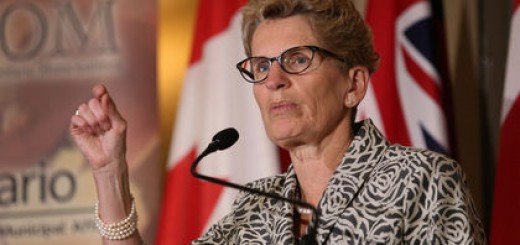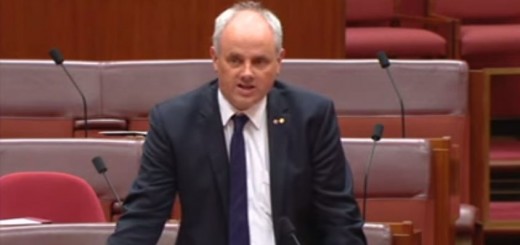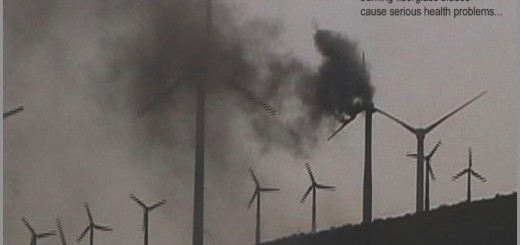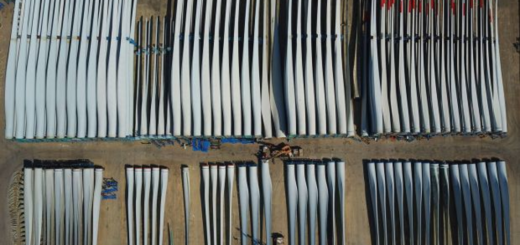STUDY: WIND FARMS EVEN MORE EXPENSIVE AND POINTLESS THAN YOU THOUGHT
The cost of wind energy is significantly more expensive than its advocates pretend, a new US study has found.
If you believe this chart produced by the US Energy Information Administration (EIA), then onshore wind is one of the cheapest forms of power – more competitive than nuclear, coal or hydro, and a lot more than solar.
But when you take into account the true costs of wind, it’s around 48 per cent more expensive than the industry’s official estimates – according to new research conducted by Utah State University.
“In this study, we refer to the ‘true cost’ of wind as the price tag consumers and society as a whole pay both to purchase wind-generated electricity and to subsidize the wind energy industry through taxes and government debt,” said Ryan Yonk Ph.D., one of the report’s authors and a founder of Strata Policy. “After examining all of these cost factors and carefully reviewing existing cost estimates, we were able to better understand how much higher the cost is for Americans.”
The peer-reviewed report accounted for the following factors:
The federal Production Tax Credit (PTC), a crucial subsidy for wind producers, has distorted the energy market by artificially lowering the cost of expensive technologies and directing taxpayer money to the wind industry.
States have enacted Renewable Portfolio Standards (RPS) that require utilities to purchase electricity produced from renewable sources, which drives up the cost of electricity for consumers.
Because wind resources are often located far from existing transmission lines, expanding the grid is expensive, and the costs are passed on to taxpayers and consumers.
Conventional generators must be kept on call as backup to meet demand when wind is unable to do so, driving up the cost of electricity for consumers.
“Innovation is a wonderful thing and renewable energy is no exception. Wind power has experienced tremendous growth since the 1990’s, but it has largely been a response to generous federal subsidies,” Yonk stated.











